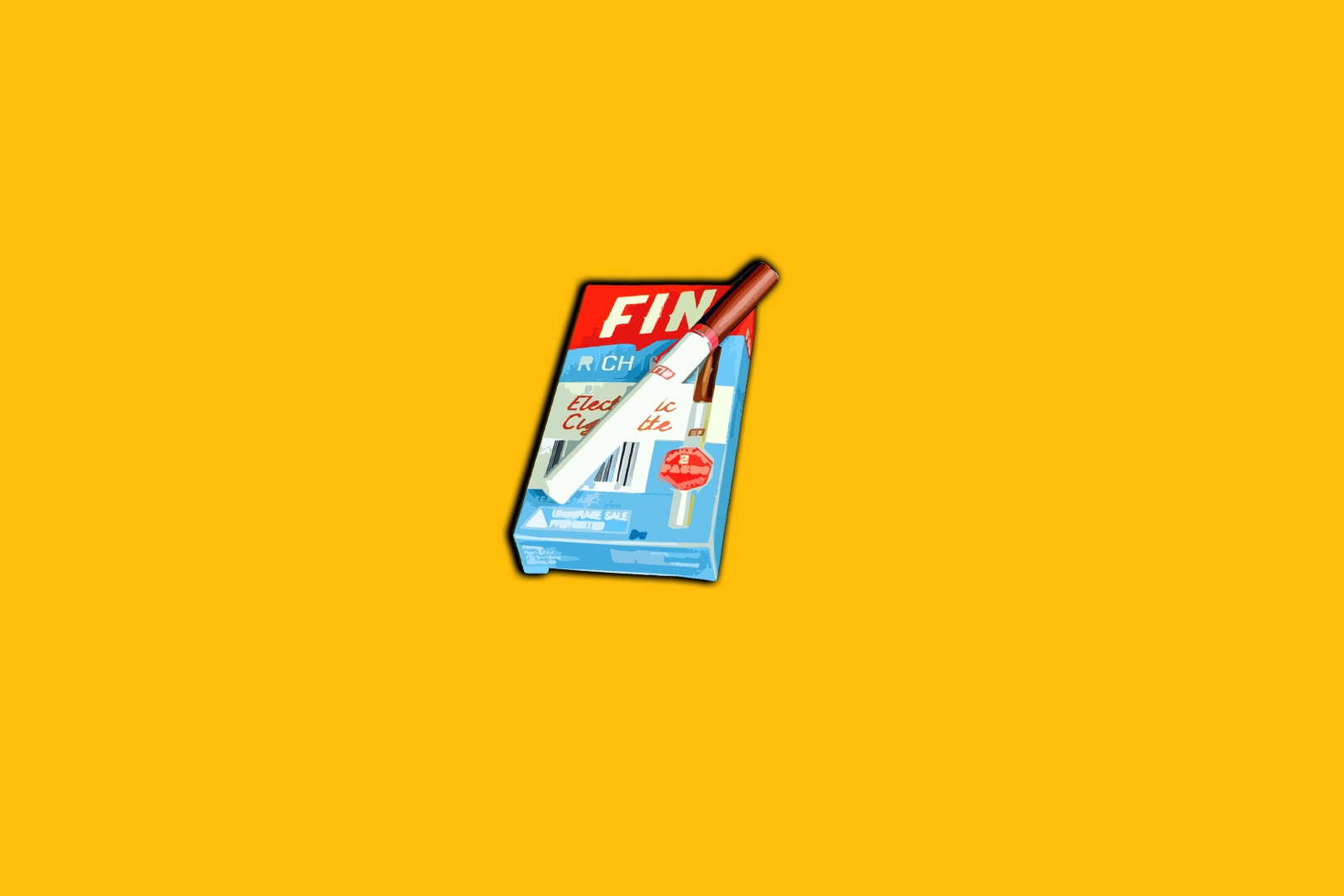
Business
The FDA Turned the E-cigarette Industry into a Regulatory Mess
Over the past five years, the Food and Drug Administration has given itself expansive authority over e-cigarettes and vaping products. It went too far.
In recent months, the FDA has come under fire for its handling of the e-cigarette industry. Last year, they made vaping manufacturers shell out hundreds of thousands of dollars for “premarket tobacco applications” (PMTAs), which weren’t cheap. More than 500 companies filed applications for over 6.5 million products. So far, only one company has received a green light.
The FDA wanted unchecked authority over the e-cigarette industry. It got it. It then proceeded to institute a confusing, onerous process that was procedurally unfair. Now it’s rightfully being held accountable for its bungled power grab.
In 2009, Congress enacted the Family Smoking Prevention and Tobacco Control Act, which prohibited manufacturers from selling any “new tobacco product” without proper authorization. In 2016, the FDA finalized a rule, otherwise known as the “Deeming Rule,” that put e-liquids, e-cigarettes, vaping devices, and other electronic nicotine delivery systems (ENDS) under its purview. This policy was retroactive, meaning that companies who manufactured these products were required to submit PMTAs by September 2020. The federal agency was scheduled to finish reviewing applications exactly one year later, by its court-imposed September deadline.
The FDA still isn’t done. Even worse, it’s now clear that money — not safety — was the deciding factor for approval.
In September, I wrote about how this process unfairly targeted small businesses, who would not have the financial means to conduct the scientific studies that the FDA expected of them. As I predicted, no small manufacturer was approved. The only ENDS manufacturer to receive a marketing granted order was R.J. Reynolds Vapor Company, which is owned by Reynolds American, the second-largest tobacco company in the United States.
Large, well-financed companies with the means to conduct expensive scientific tests were the only ones who stood a chance. What was once considered a worst-case scenario came to fruition: All small players were regulated out of the marketplace. The FDA gave one manufacturer complete control of the vaping industry, while affording others like Juul Labs a longer, more thorough review.
Although the agency is backtracking and taking a second look at some applications, what happened with the PMTAs deserves to be scrutinized. As noted by Judge Andrew Oldham of the United States Court of Appeals for the Fifth Circuit, the PMTA process was “‘onerous,’ to put it mildly.” The FDA’s initial guidance stated that applicants were not expected to conduct long-term studies to support their application, but the agency “later changed its mind and required the very thing it said it would not — namely, long-term studies of e-cigarettes.” Citing a similar case from 2005 involving the Environmental Protection Agency, Judge Oldham went on to conclude that the “FDA ‘pull[ed] a surprise switcheroo on regulated entities.’”
The FDA shouldn’t be condemned for trying to oversee tobacco products. After all, federal agencies are tasked with regulation and enforcement. That’s expected. But when they take this authority too far and act in a manner that’s capricious and arbitrary, that’s called an abuse of discretion.
So either the FDA decided to unilaterally shut down the e-cigarette industry, with the exception of a few big players, or it failed miserably with the power it gave itself.
